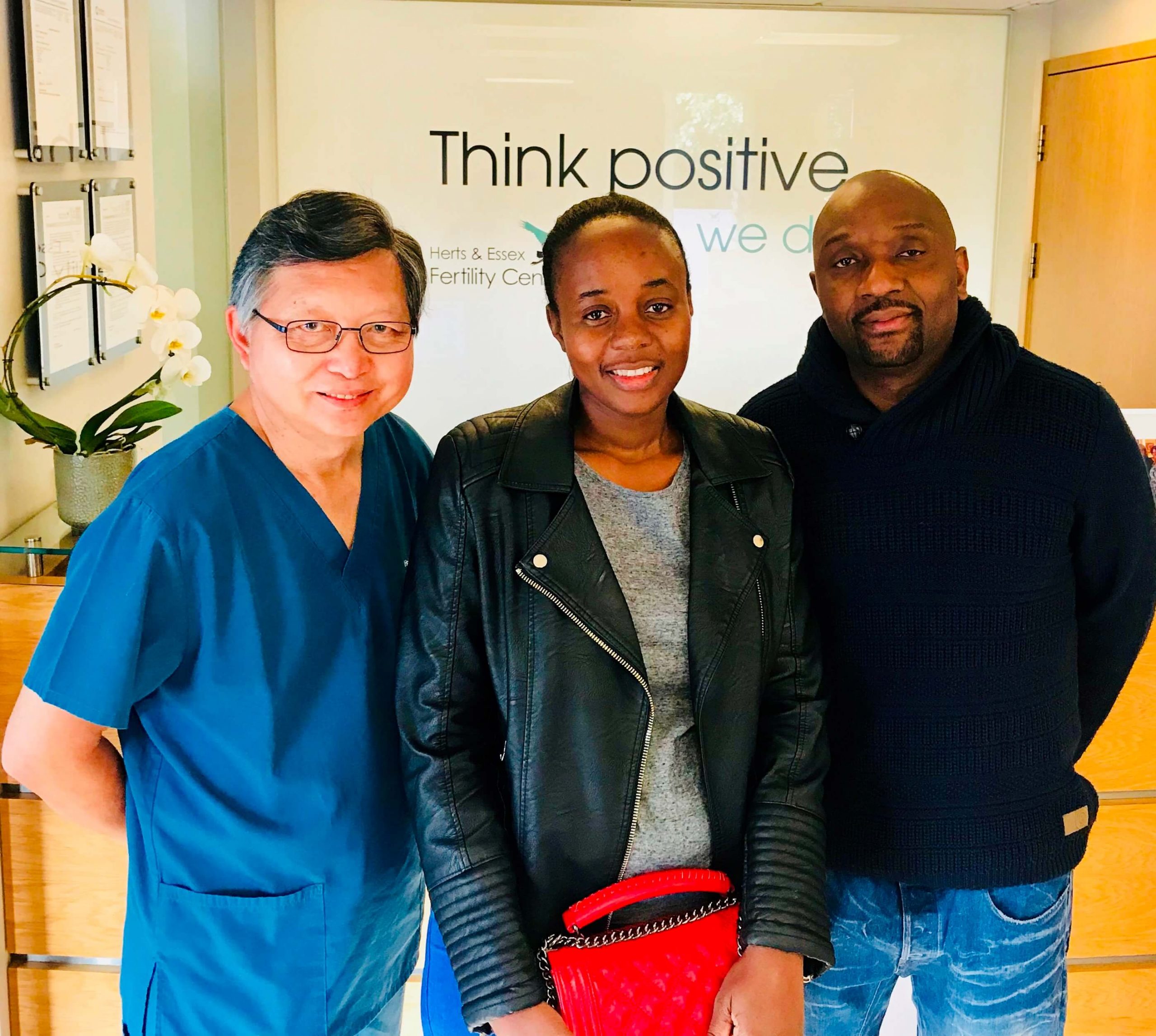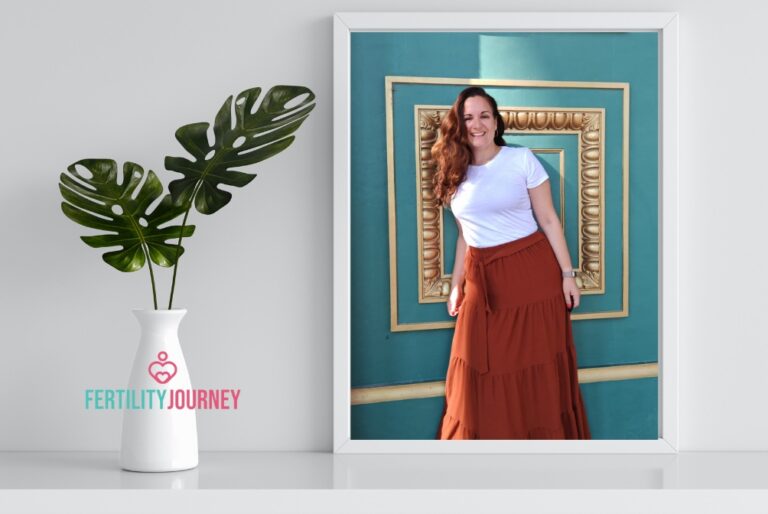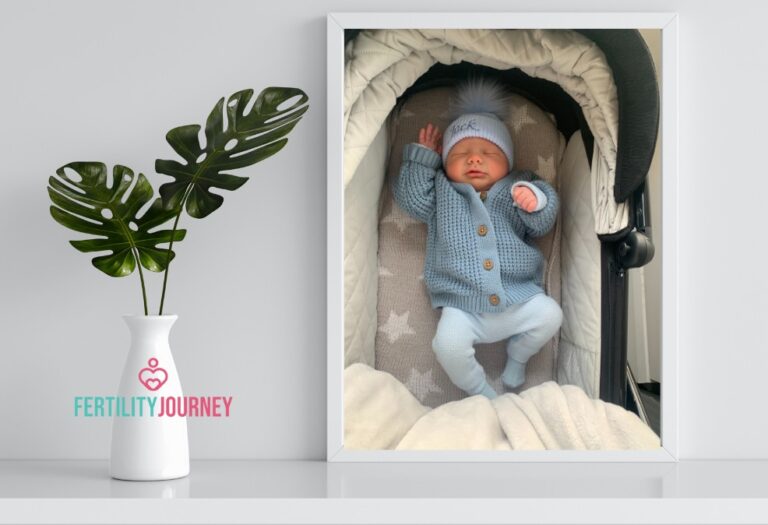Yvonne and Sheppard’s progress with ICSI cycle after repeated implantation failure at Herts and Essex Fertility Centre as part of our fertility journeys.
Following Yvonne’s laparoscopic (key-hole) surgery to remove the damaged fallopian tube, they proceeded with their first IVF with microinjection of sperm into eggs (ICSI) treatment cycle.
Yvonne previously had surgery for a brain tumour (meningioma) and a multi-disciplinary team, including her brain and eye surgeons as well as her fertility team, formulated a bespoke treatment and monitoring plan as there was concern that the tumour growth may flare up during fertility treatment and pregnancy.
Yvonne produced 13 eggs and 6 were mature enough to be used for ICSI. Four eggs fertilised successfully and divided into embryos.
Two top-quality embryos were transferred 3 days after eggs were collected. The remaining 2 embryos were cultured further to day 6 but unfortunately did not develop into good enough quality embryos to be frozen for future use (only 3 in 10 cases result in spare good quality embryos to be frozen for future use).
Unfortunately, 14 days later we were sad to hear that Yvonne’s treatment was unsuccessful.
Dealing with implantation failure
Yvonne and Shephard had a negative pregnancy test in their first ICSI cycle. This is known as implantation failure, meaning that the transferred embryos did not implant into the womb lining to produce a positive pregnancy test. This is obviously a difficult time for them and we continue to provide emotional and clinical support.
Following egg collection and fertilisation, the resulting fertilised eggs begin to divide, resulting in embryos. The embryos are then cultured in the laboratory and depending on the number and quality of embryos available, the best one or two embryos will be selected for transfer into the womb, two, three or five days after egg collection.
Following embryo transfer (which is performed under ultrasound scan guidance to ensure correct placement of embryos into the womb), the embryos would hopefully continue to develop and hatch out as blastocysts on day 5 or day 6, subsequently burrowing into the womb lining (implanting) 7 to 8 days after the eggs were collected.
If the embryo(s) implant, the outer cell layers of the embryo, known as trophectoderm cells (these cells eventually develop into the placenta) will produce a hormone, human chorionic gonadotrophin (HCG). HCG is detectable in the woman’s blood stream as well as in urine and is the hormone tested for with pregnancy tests. If detectable, it confirms that the embryo did implant.
Why don’t some embryo’s implant?
The commonest cause for implantation failure is an abnormal development of the individual embryo. If the embryo is not capable of producing a viable pregnancy, they will either stop developing before implantation (resulting in a negative pregnancy test) or where they continue to develop and implant; these would result in a miscarriage.
Other factors that could hamper implantation include an abnormal womb environment (e.g. uterine cavity scarring, fibroid or endometrial polyps among others). Inadequate hormonal support could also be a factor. However, in IVF / ICSI cycles, hormonal support in the form of progesterone pessaries or injections is provided.
How to manage implantation failure
Implantation failure is almost always related to the individual embryo(s). Different cycles would produce different embryos and if genetically and developmentally competent, will almost always implant resulting in a live birth in most cases. It is important to attend a follow up appointment with your fertility specialist to review the unsuccessful cycle.
Occasionally minor changes and adjustments could be helpful for future cycles.
However, the vast majority of women with implantation failure are eventually successful, using surplus embryos frozen form the fresh attempt, or with new embryos created in subsequent fresh cycles.




